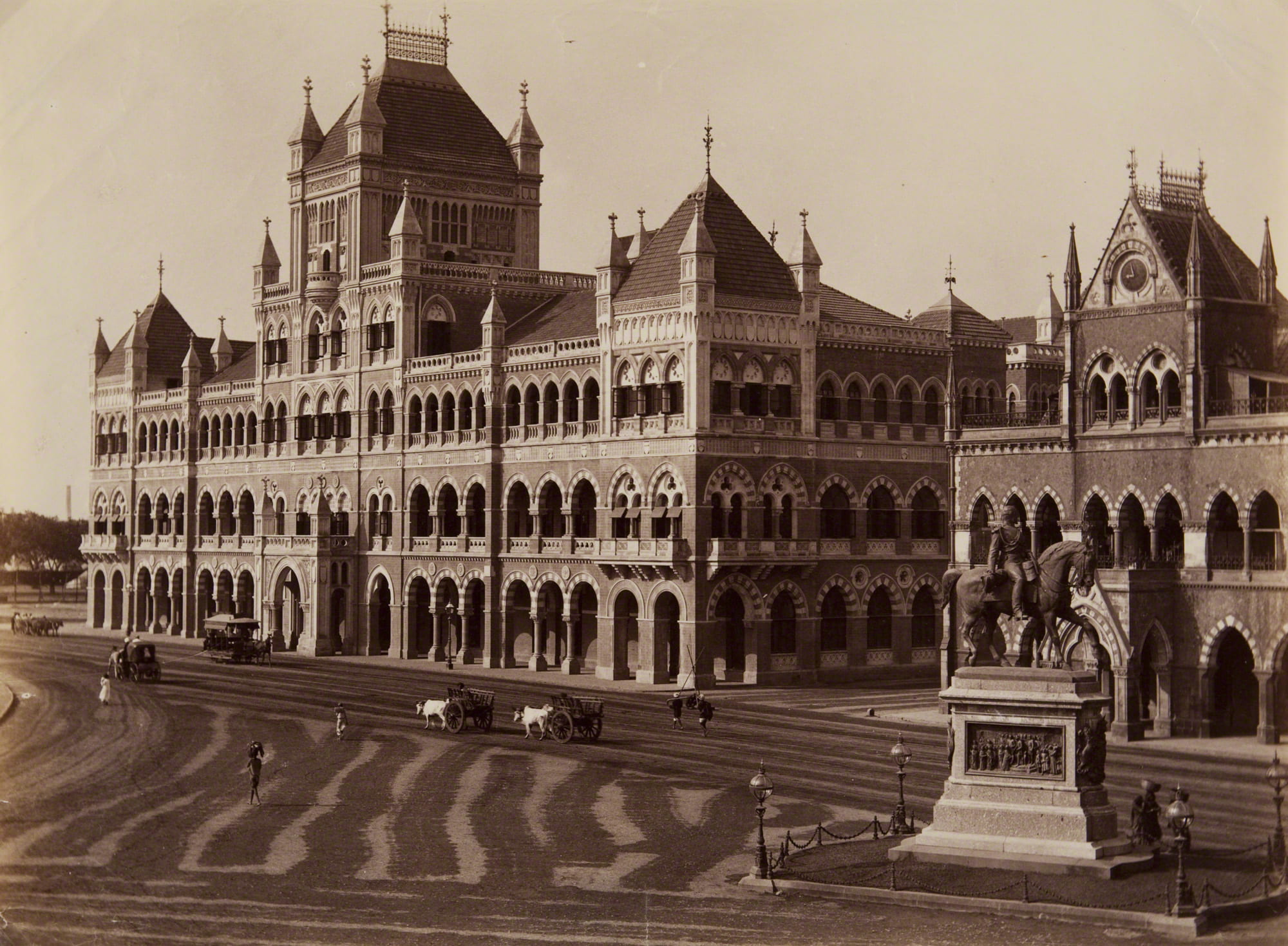Natasha Israt Kabir
Jahangirnagar University—Bangladesh
“From the perspectives of Feminism, Colonialism, and Nationalism in South Asia: Saga of British Occupied India”
If the nation is an imagined community, that imagining is profoundly gendered. National fantasies, be they colonial, anticolonial or post -colonial, also play upon the connections between women, land or nations. To begin with, across the colonial spectrum, the nation state or it’s guiding principles are often imagined liberally as a woman. The proposal aims that figures of Britannia and during colonial period Mother India, for example, have continuously circulated as symbols of the national temper. Such figures can be imagined as abstractions, allegories, goddesses or real life women (such as Elizabeth in the first case, and kali or the Rani of Jhansi). Resistance itself is imagined as a woman-Delacroix commemorated the spirit of the French revolution.
Nationalism transforms the ‘subservient’ uneducated and speculated upper class woman of the nineteenth century, “into the’ articulate, educated ‘woman of the mid- twentieth century, active in professions and public life. Westernization does not lead to this transformation but rather produces educated women in India. Therefore, the nationalist-feminist project in India posits a paradoxical solution to the ‘women question’.
Under colonial rule, the image of nation or culture as a mother worked to evoke both female power and female helplessness. The nation as mother protected her son from colonial ravages, but also she ravages by colonization and in need of her son’s protection.
Natasha Israt Kabir is a Freelance Researcher, Adjunct Lecturer at the Department of Law and Justice, Jahangirnagar University in Dhaka and a Charles Wallace Trust Fellow. She finished her first post-graduation and graduation from the Department of International Relations of Jahangirnagar University and her second post-graduation as a UNESCO Madanjeet Singh Institute of South Asia Regional Cooperation scholar at Pondicherry Central University in India.
